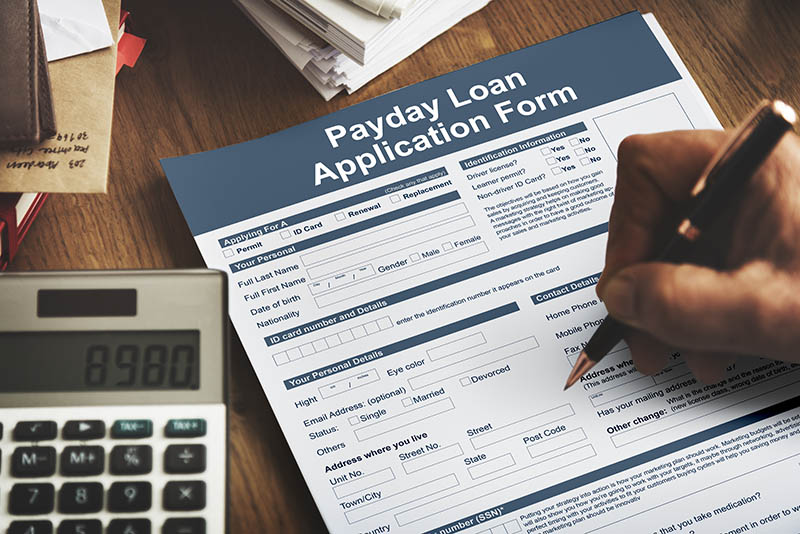Payday loans are a type of short-term loan, which is typically granted by a lender to a borrower in need of quick cash. In most cases, the amount borrowed is equivalent to about two weeks’ worth of gross pay and must be repaid at the next payday. Find out in this post how to qualify for one of these loans and what steps you can take to get one easily!
What is a payday loan?
Table of Contents
A payday loan is a type of short-term loan that typically has a high-interest rate. Payday loans are intended to be used for emergencies, such as unexpected medical bills or car repairs. They are not meant to be used for long-term expenses, such as rent or groceries.
In order to qualify for a payday loan, you will typically need to have a steady source of income and an active bank account. Some lenders may also require you to have a good credit history.
If you are considering taking out a payday loan, it is important to compare different lenders and make sure you understand the terms and conditions of the loan. Payday loans can be expensive, so it is important to make sure you can afford the monthly payments before taking one out.
For a payday loan, you should definitely try FastPaydayLoans. They offer a quick and easy application process, and you can get approved for a loan in as little as 24 hours. Plus, there are no hidden fees or charges – what you see is what you get. So if you need a short-term loan to tide you over until your next payday, give FastPaydayLoans a try.
Tips to qualify for a payday loan
Payday loans are a great way to get access to cash quickly, but there are some things you need to know before you apply. Here are five tips to help you qualify for a payday loan:
1. Know your credit score
Your credit score is one of the most important factors in determining whether or not you will qualify for a loan. Be sure to check your credit score before you apply so that you know where you stand.
2. Have a steady income
Lenders will want to see that you have a steady source of income before they approve your loan. Be sure to have your most recent pay stubs or bank statements ready when you apply.
3. Have a valid ID
You will need to show a valid form of identification when you apply for a loan. Be sure to bring your driver’s license, passport, or other government-issued ID with you when you go to the lender’s office.
4. Have an active checking account
Most lenders will require that you have an active checking account in order to qualify for a loan. Be sure to have your bank information handy when you apply so that the lender can easily deposit the money into your account if you are approved.
5. Find time to get the loan
Loan approval times vary from lender to lender and can add up to several days or even a few weeks. So be sure to give yourself plenty of time when you apply for a loan so that there is no delay in your ability to access the funds when they are deposited into your account.
Qualifying factors
There are a few factors that will influence whether or not you qualify for a payday loan. The first and most important factor is your income. Lenders will want to see that you have a regular source of income so that they can be confident that you will be able to repay the loan. Another factor that will be considered is your employment status. Lenders typically prefer borrowers who are employed full-time, as this indicates stability. Finally, your credit history will also be taken into account. If you have a good credit history, you are more likely to qualify for a loan.
How Much Can I Borrow?
The amount you can borrow with a payday loan depends on a few factors, including your income and the state you live in. In most states, the maximum amount you can borrow is $500. However, some states have higher limits, and some lenders will offer loans of up to $1,000.
To qualify for a payday loan, you’ll need to have a regular source of income and an active checking account. You’ll also need to be at least 18 years old and a resident of the United States. Some lenders may require you to provide additional information, such as proof of employment or identification.



